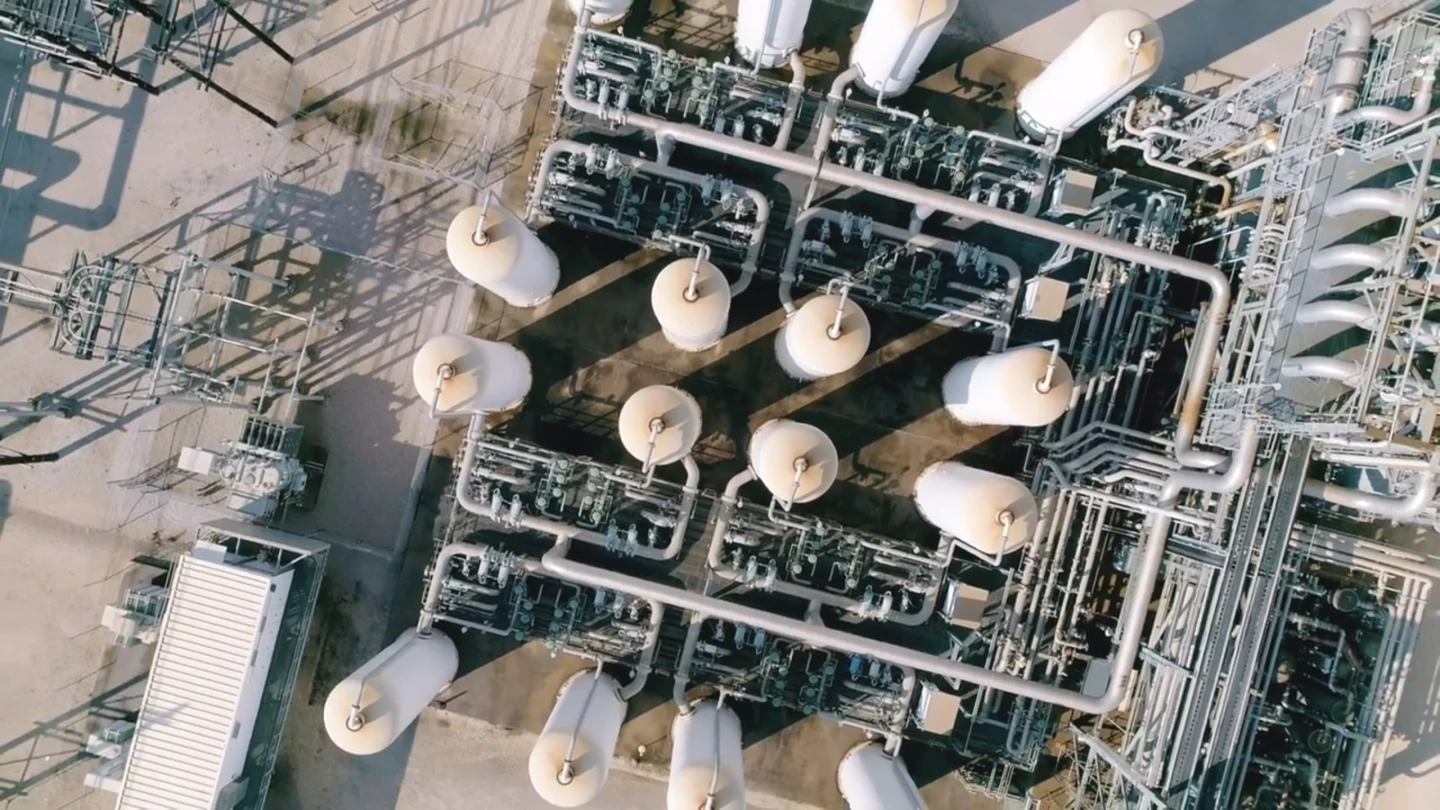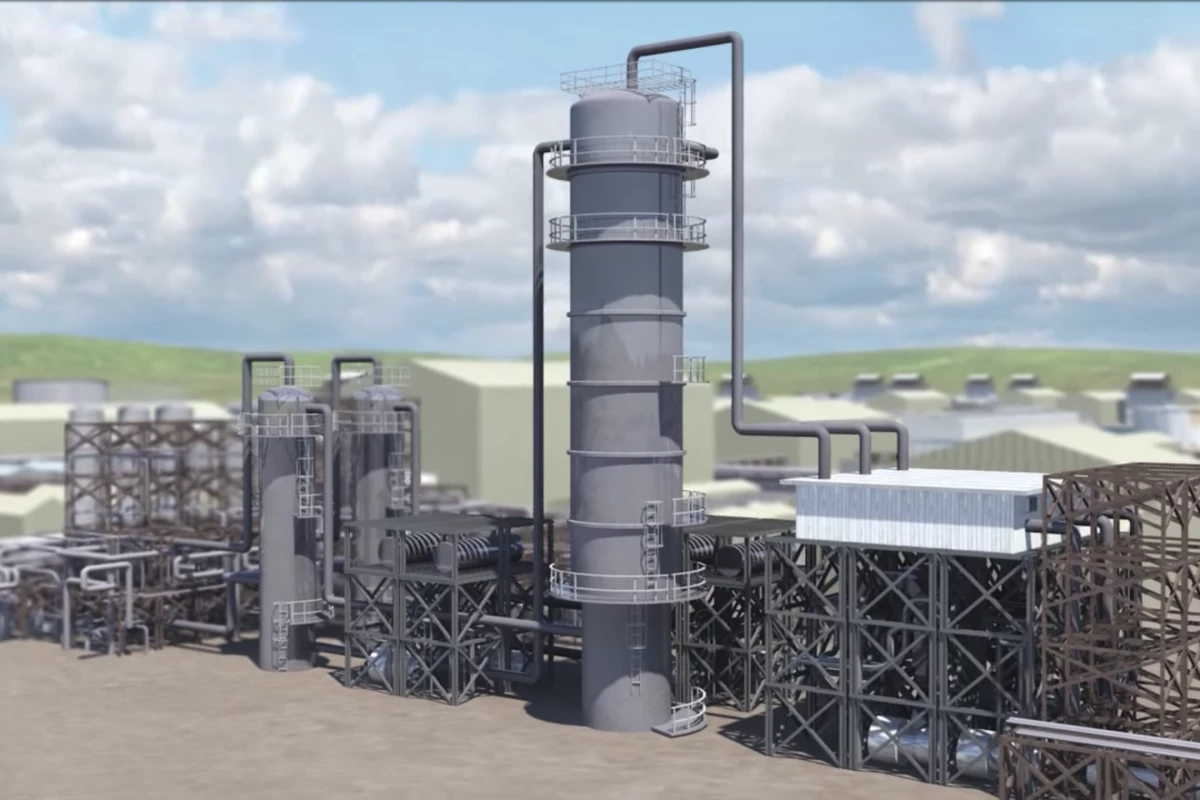The hydrogen industry is gearing up to play an important role in the global transition to clean energy – particularly in hard-to-abate sectors like aviation and steel production. As it grows, you're going to start hearing more about colors. Black hydrogen is produced through coal gasification. Grey comes from reforming natural gas. Brown is made by partially oxidizing lignite, or brown coal, under high pressure. Currently, 96 percent of H2 production falls under these dirty categories.
Green, of course, is hydrogen produced from clean, renewable sources, typically through electrolysis. That's the ultimate goal here, but the economics are not currently favorable. As in many areas, the dirty stuff is cheaper. Green hydrogen will eventually reach and even beat cost parity, but that's going to take a lot of time and investment.
During that time, one "lower emissions" alternative being proffered is "blue hydrogen." This is grey hydrogen produced through steam reforming of methane, but with an extra step of carbon capture and storage added to suck up emissions from the reforming stage.
A relatively new concept, it's currently only being produced at two facilities at commercial scale: a Shell factory in Canada and another in Texas operated by Air Products.
But a new report from researchers at Cornell and Stanford Universities warns that blue hydrogen is a terrible intermediate step, with hidden "fugitive emissions" involved that make it actively worse for the atmosphere in certain applications than legacy options like burning coal.

Speaking specifically about using hydrogen to create heat – such as in home heating, cooking or when burned in power generators originally designed to run on natural gas, the report states in no uncertain terms, "Perhaps surprisingly, the greenhouse gas footprint of blue hydrogen is more than 20 percent greater than burning natural gas or coal for heat and some 60 percent greater than burning diesel oil for heat, again with our default assumptions."
When natural gas is extracted from the earth, quite a lot of it escapes as "fugitive emissions." This report assumes a 3.5 percent methane leakage rate, that will stay in the the atmosphere for 20 years.
When talking about climate change, you'll mainly hear carbon dioxide nominated as the chief culprit, but methane is much, much worse. A ton of methane, states the report, has the instant warming effect of 100 tons of CO2. Over a 20-year time frame, that effect is slightly reduced, but it's still 86 times worse than carbon dioxide.
This report claims to be the "first effort in a peer-reviewed paper to examine the lifecycle greenhouse gas emissions of blue hydrogen accounting for emissions of both carbon dioxide and unburned fugitive methane."
The main problem with blue hydrogen, then, is that the carbon capture process requires power, and that power is produced using natural gas. So even when all the emissions from the reforming process are captured to make blue hydrogen, the extra methane leakage involved cancels out all but nine to 12 percent of any environmental advantage.
And it gets worse. "Our analysis," reads the report's abstract, "assumes that captured carbon dioxide can be stored indefinitely, an optimistic and unproven assumption. Even if true though, the use of blue hydrogen appears difficult to justify on climate grounds."
The takeaway here: green hydrogen has much to offer in hard-to-abate emissions sectors, and will certainly play a part in the shift to clean energy. But blue hydrogen does not appear to be an acceptable transition step in the race to zero.
The research is published in the journal Energy Science and Engineering.







